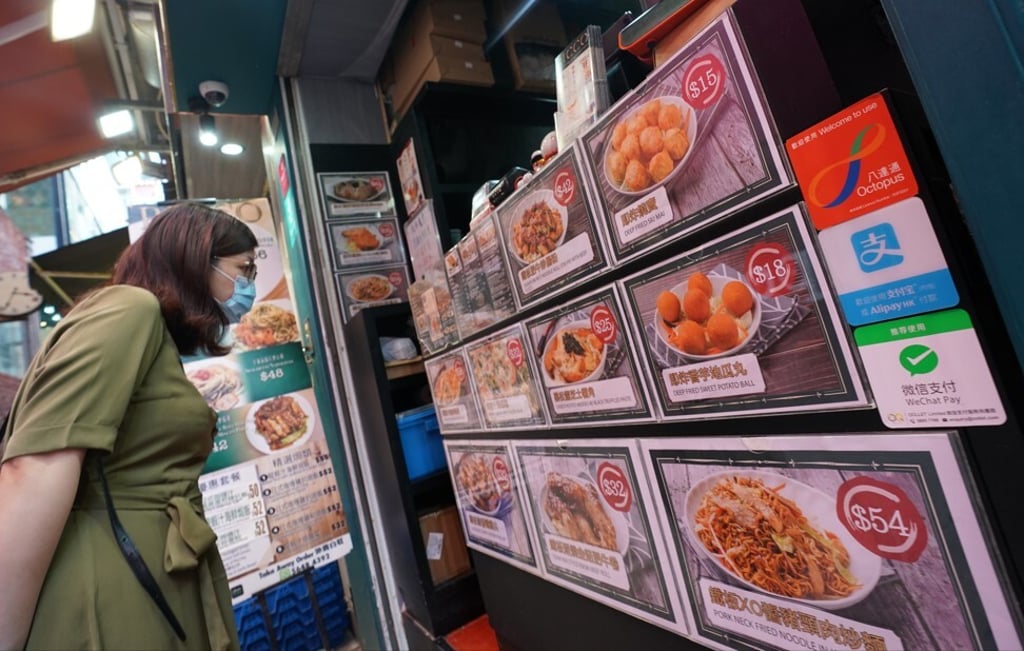Blockchain ambitions: geopolitical implications of China’s pioneering digital currency spread far and wide
- To see how China’s blockchain ambitions are being put in place, look no further than Xiongan, 100km from the Chinese capital
- Xiongan brings together many of China’s development initiatives: fiat digital currency, Belt and Road infrastructure, underpinned by blockchain

In the final instalment of a three-part series produced with support from the Judith Neilson Institute for Journalism and Ideas, Forkast.News looks at the geopolitical implications of China’s technological lead in blockchain and digital currency. Parts 1 and 2 were published on June 28 and June 29.
John Chen has viewed the rise of the cashless economy on a split screen. On one side, the China of his birth, a place where paper fiat has all but gone extinct, even in far-flung villages. On the other, the US state of California, where he attended high school and now majors in computer science at a state university, where paper currency remains common.
Raised in Fujian to tech-entrepreneurial parents, Chen is in many ways a quintessential modern Chinese. With a comparative eye, he has been following the development of his country’s unique consumer culture for half a decade.
Businesses requested that he paid digitally, which he much preferred to using credit cards. “Personally, I don’t like [carrying a wallet] because I’ve already lost my wallet three times in five years,” he said, most recently during the height of Covid-19 restrictions in the US Without cash, credit cards or his driving licence, he had to ask a friend to lend him money and drive him to Target so he could “grab some chicken for dinner,” he said.

Now back East taking remote classes, Chen will have a front-row seat for the next stage of China’s evolution. Beijing is widely expected to launch its central bank digital currency at the 2022 Winter Olympics in February.